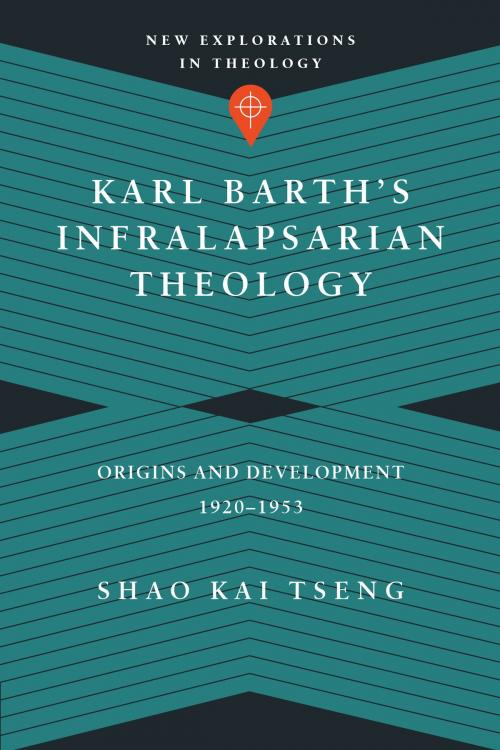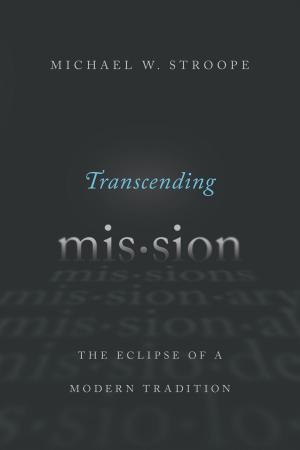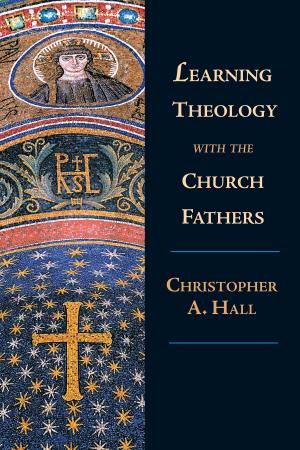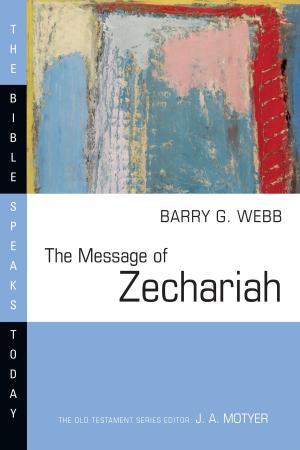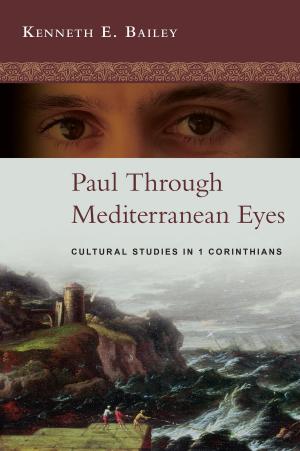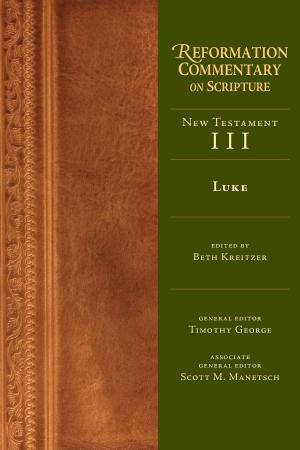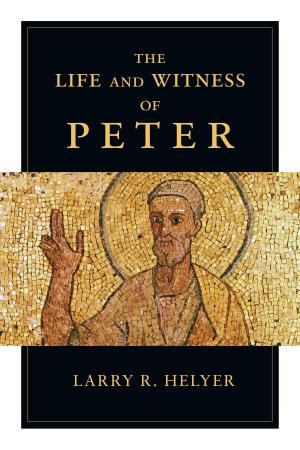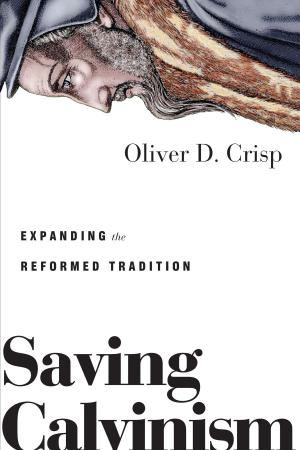Karl Barth's Infralapsarian Theology
Origins and Development, 1920-1953
Nonfiction, Religion & Spirituality, Theology, Christianity| Author: | Shao Kai Tseng | ISBN: | 9780830899821 |
| Publisher: | IVP Academic | Publication: | February 17, 2016 |
| Imprint: | IVP Academic | Language: | English |
| Author: | Shao Kai Tseng |
| ISBN: | 9780830899821 |
| Publisher: | IVP Academic |
| Publication: | February 17, 2016 |
| Imprint: | IVP Academic |
| Language: | English |
Theologians have long assumed that Karl Barth's doctrine of election is supralapsarian. Challenging decades of scholarship, Shao Kai Tseng argues that despite Barth's stated favor of supralapsarianism, his mature lapsarian theology is complex and dialectical, critically reappropriating both supra- and infralapsarian patterns of thinking. Barth can be described as basically infralapsarian because he sees the object of election as fallen humankind and understands the incarnation as God's act of taking on human nature in its condition of fallenness. Tseng shows that most of Barth's Reformed critics have not understood his doctrine of election accurately enough to recognize his affinity to infralapsarianism and, conversely, that most Barthians have not understood Reformed-orthodox formulations of election with sufficient accuracy in their disagreement with the tradition. Karl Barth's Infralapsarian Theology offers a clear understanding of both the historic Lapsarian Controversy and Barth's distinct form of lapsarianism, providing a charitable dialogue partner to aid mutual understanding between Barth and evangelicals.
Theologians have long assumed that Karl Barth's doctrine of election is supralapsarian. Challenging decades of scholarship, Shao Kai Tseng argues that despite Barth's stated favor of supralapsarianism, his mature lapsarian theology is complex and dialectical, critically reappropriating both supra- and infralapsarian patterns of thinking. Barth can be described as basically infralapsarian because he sees the object of election as fallen humankind and understands the incarnation as God's act of taking on human nature in its condition of fallenness. Tseng shows that most of Barth's Reformed critics have not understood his doctrine of election accurately enough to recognize his affinity to infralapsarianism and, conversely, that most Barthians have not understood Reformed-orthodox formulations of election with sufficient accuracy in their disagreement with the tradition. Karl Barth's Infralapsarian Theology offers a clear understanding of both the historic Lapsarian Controversy and Barth's distinct form of lapsarianism, providing a charitable dialogue partner to aid mutual understanding between Barth and evangelicals.
